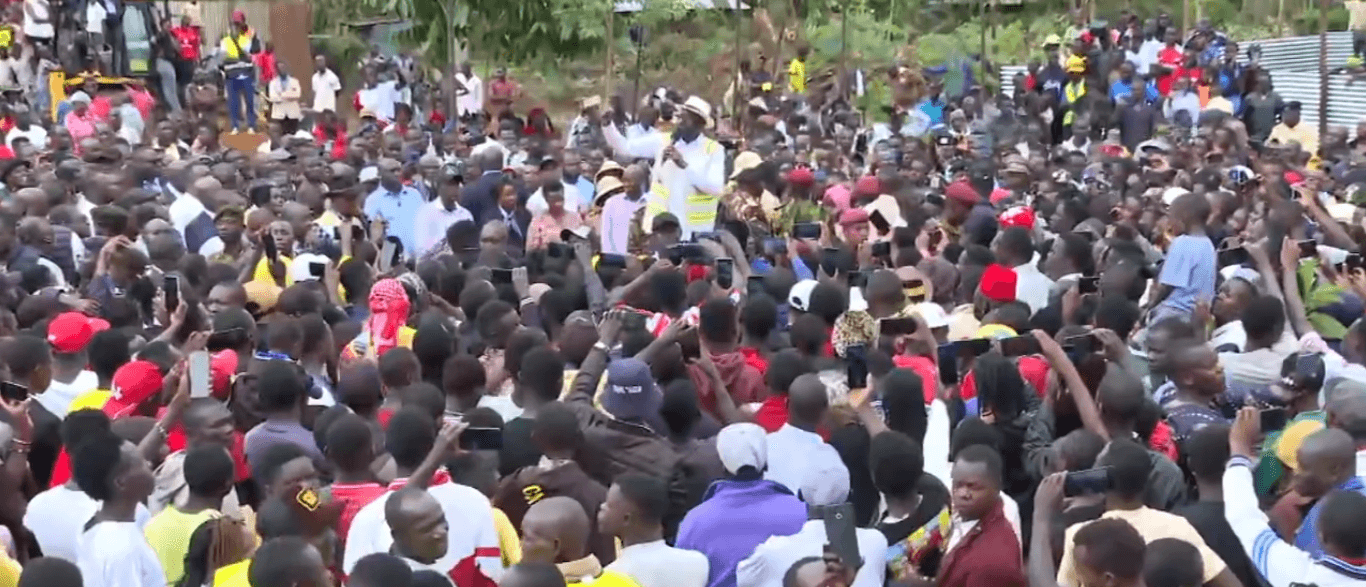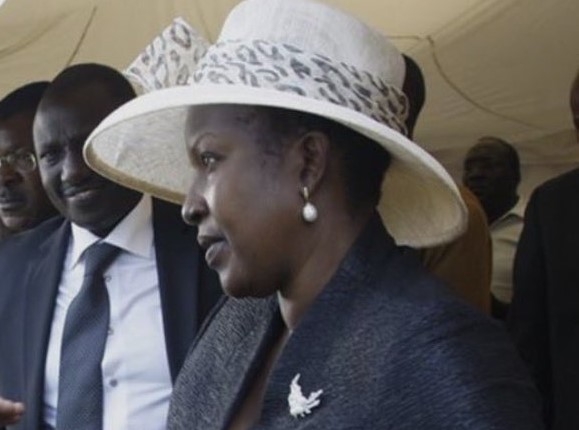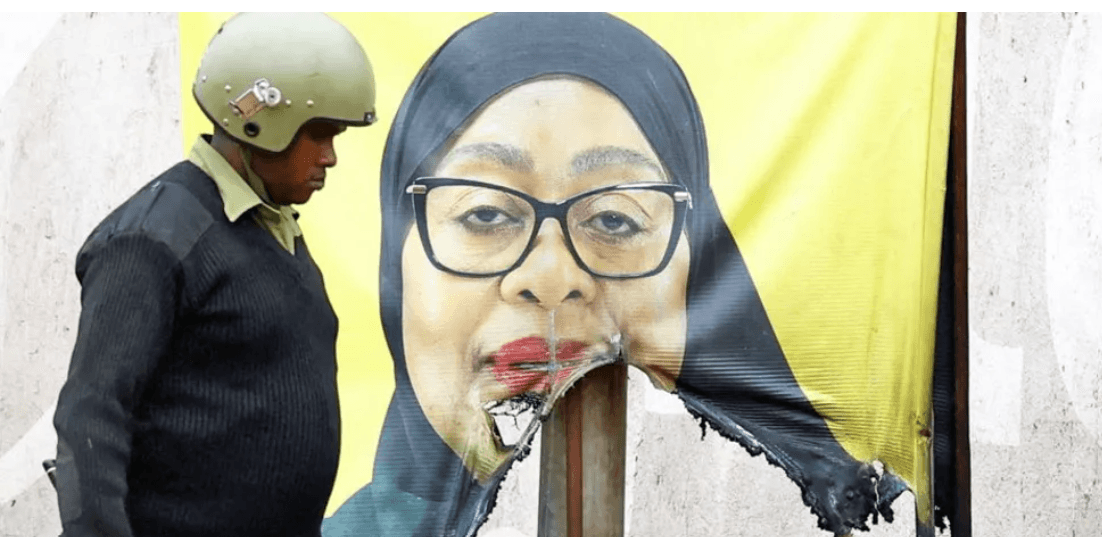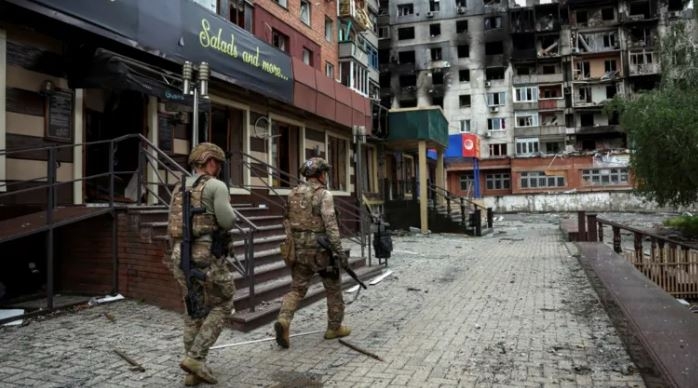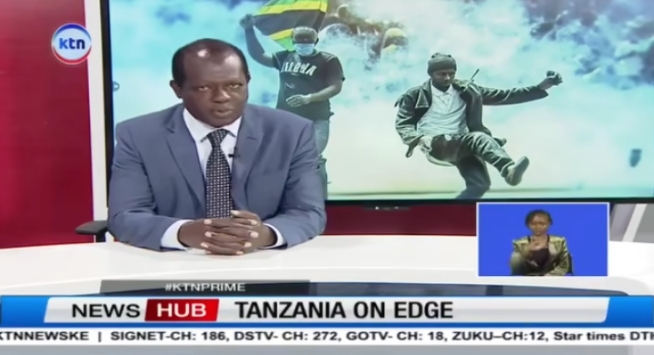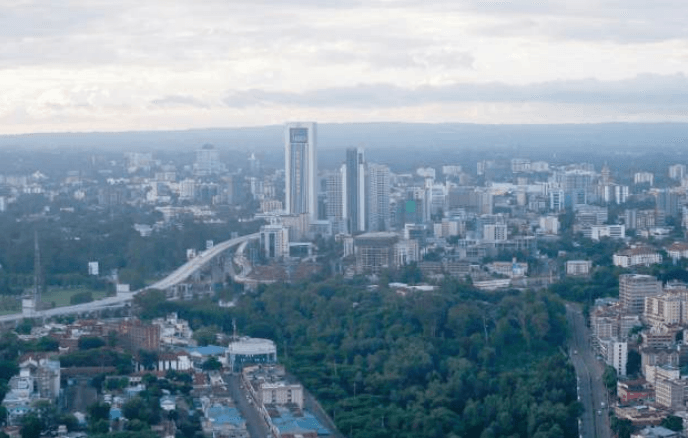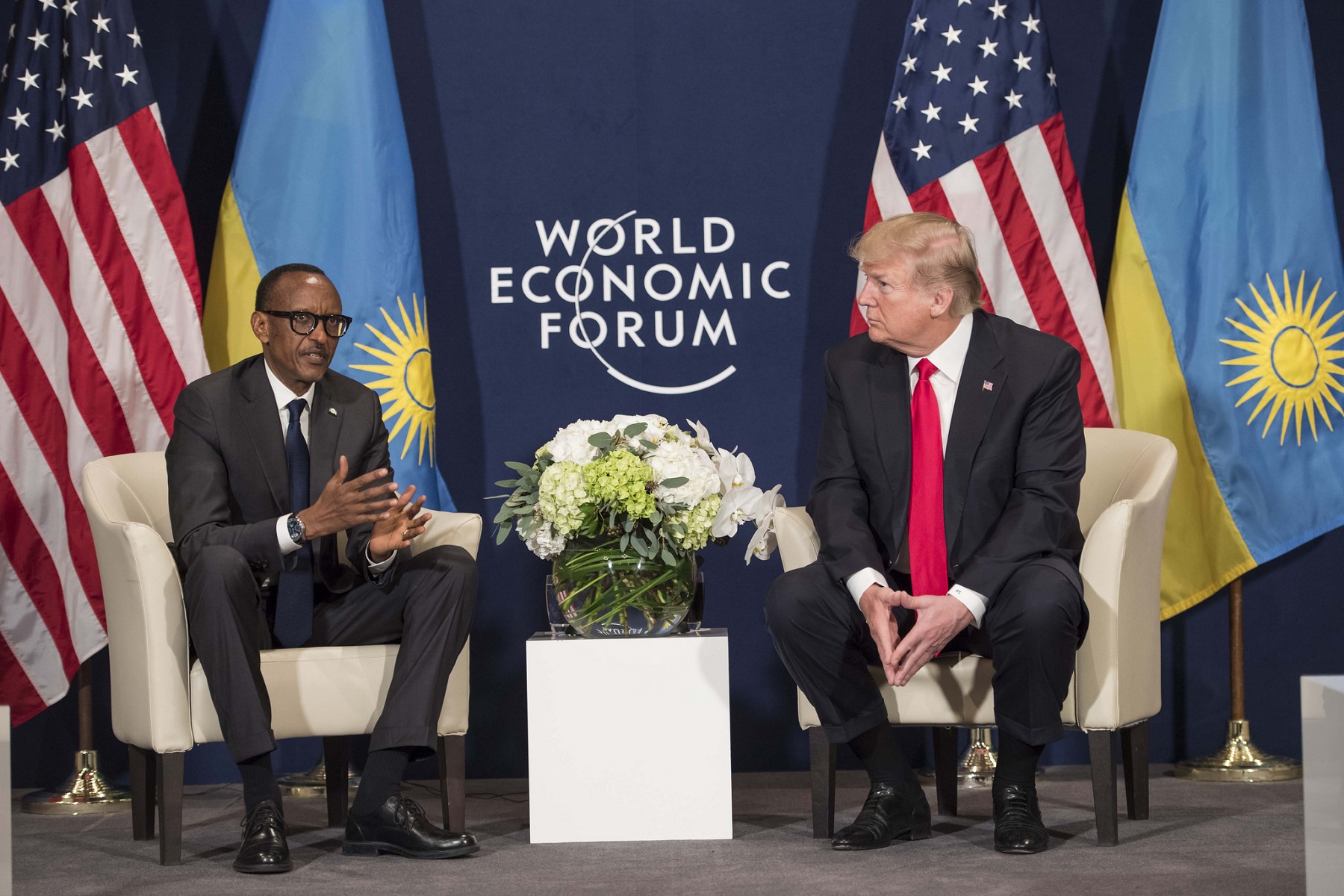 Rwanda President Paul Kagame and his US counterpart Donald Trump/FILE
Rwanda President Paul Kagame and his US counterpart Donald Trump/FILE
The governments of Rwanda and the United States are in ongoing discussions over a possible agreement that would see Kigali receive individuals deported from the US, including migrants who are not Rwandan citizens, according to officials familiar with the matter.
According to an article published on the CBC News website on Saturday, sources in both Washington and Kigali confirmed that negotiations are underway, with talks focusing on logistical arrangements and potential financial compensation.
A Rwandan government representative indicated that the finer details of the plan could be finalised within the next two weeks.
This potential partnership reflects the broader strategy of the Trump administration to work with third countries willing to accept deportees.
In a recent Cabinet meeting broadcast on national television, Secretary of State Marco Rubio made clear the administration’s tough stance on deportation.
Seated alongside former President Donald Trump, Rubio said the U.S. was actively seeking international partners to absorb what he described as "some of the most despicable human beings," adding, “the further away from America, the better.”
The initial report of US-Rwanda talks emerged from The Washington Post, which cited independent journalist Marisa Kabas’s uncovering of a case involving the deportation of an Iraqi national to Rwanda.
A Rwandan official later confirmed that deportation but declined to provide further details about the individual involved.
Kigali’s potential role as a host for deportees is not without precedent.
The East African country previously struck a controversial deal with the United Kingdom to receive asylum seekers, a policy that ignited political backlash and legal challenges.
The initiative was ultimately scrapped by Britain’s new Prime Minister Keir Starmer, who declared it “dead and buried” upon taking office in 2024.
The U.S. has also pursued similar agreements elsewhere.
El Salvador, for example, has agreed to receive certain deportees, some of whom are being detained in its high-security CECOT prison—a decision that has sparked human rights concerns and legal disputes.
Mexico and Panama have likewise accepted deportees who are not their own nationals under separate agreements.
These negotiations with Rwanda come at a sensitive time diplomatically.
The U.S. is simultaneously working to mediate tensions between Rwanda and the Democratic Republic of Congo.
Secretary Rubio noted progress on that front, pointing to a recent declaration of peace signed between the two neighboring nations.
Rubio also praised Massad Boulos, President Trump’s envoy to Africa and the father-in-law of Tiffany Trump, for his diplomatic efforts in the region.
Boulos, who serves as senior advisor for African affairs, has played a role in both political negotiations and mineral trade deals worth billions of dollars.
As the U.S. continues to grapple with complex immigration challenges, the Rwanda talks underscore the administration’s ongoing push to externalise its deportation policies—raising both strategic and ethical questions about the global handling of displaced and unwanted individuals.




